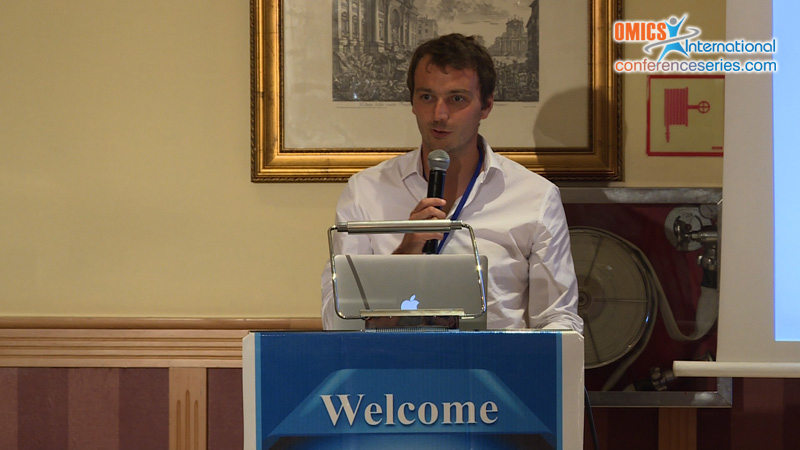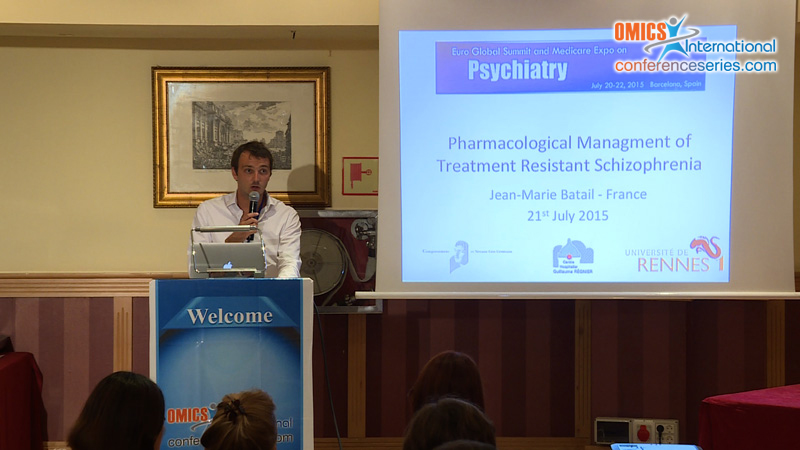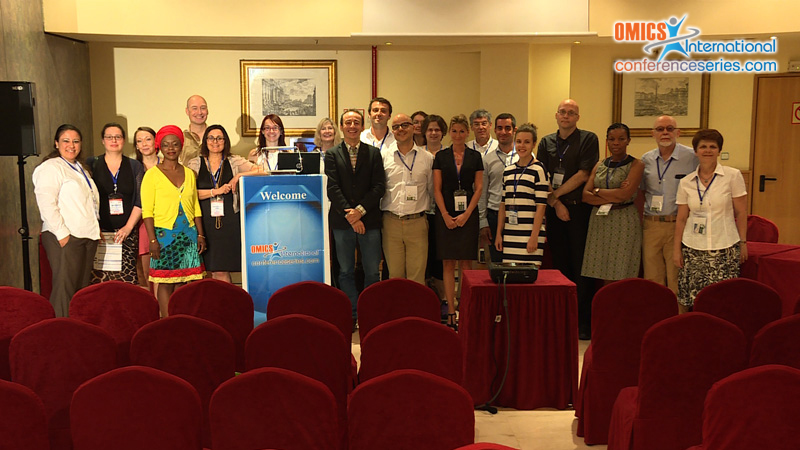
Jean-Marie Batail
Centre Hospitalier Guillaume Régnier, France
Title: Pharmacological management of treatment resistant schizophrenia
Biography
Biography: Jean-Marie Batail
Abstract
Schizophrenia is a debilitating illness with an estimated lifetime prevalence of around 0.7%. In 2001, the World Health Organization described schizophrenia as one of the ten most disabling diseases in the world. It affects nearly all areas of patients\' social, family and professional lives. Its cost for society is high, both directly (hospitalizations, treatment, dysfunctional social skills) and indirectly (loss of productivity). Its course can be marked by resistance to antipsychotic treatment, meaning that therapeutic support is sometimes challenging for the practitioner, with results that are partial and unsatisfactory. Despite the development of a newgeneration ofmolecules, bringing greater efficacy and fewer side effects, some patients still fail to respond to treatment. The rate of treatment-resistant schizophrenia (TRS) is estimated to be between 30 and 60%, depending on which criteria are used. If first-line treatments prove ineffective, there are still many options available, not least the gold standard, clozapine. If this fails, then clozapine augmentation is one possible solution, not to mention the use of alternative antipsychotics, anticonvulsants or nonpharmacological options, including electroconvulsive therapy and transcranial magnetic stimulation for resistant auditory hallucinations. Another therapeutic option is the prescription of atypical antipsychotics at high doses. Since the late 1990s, high-dose olanzapine has become a worthwhile alternative for clozapine-resistant or intolerant patients.



